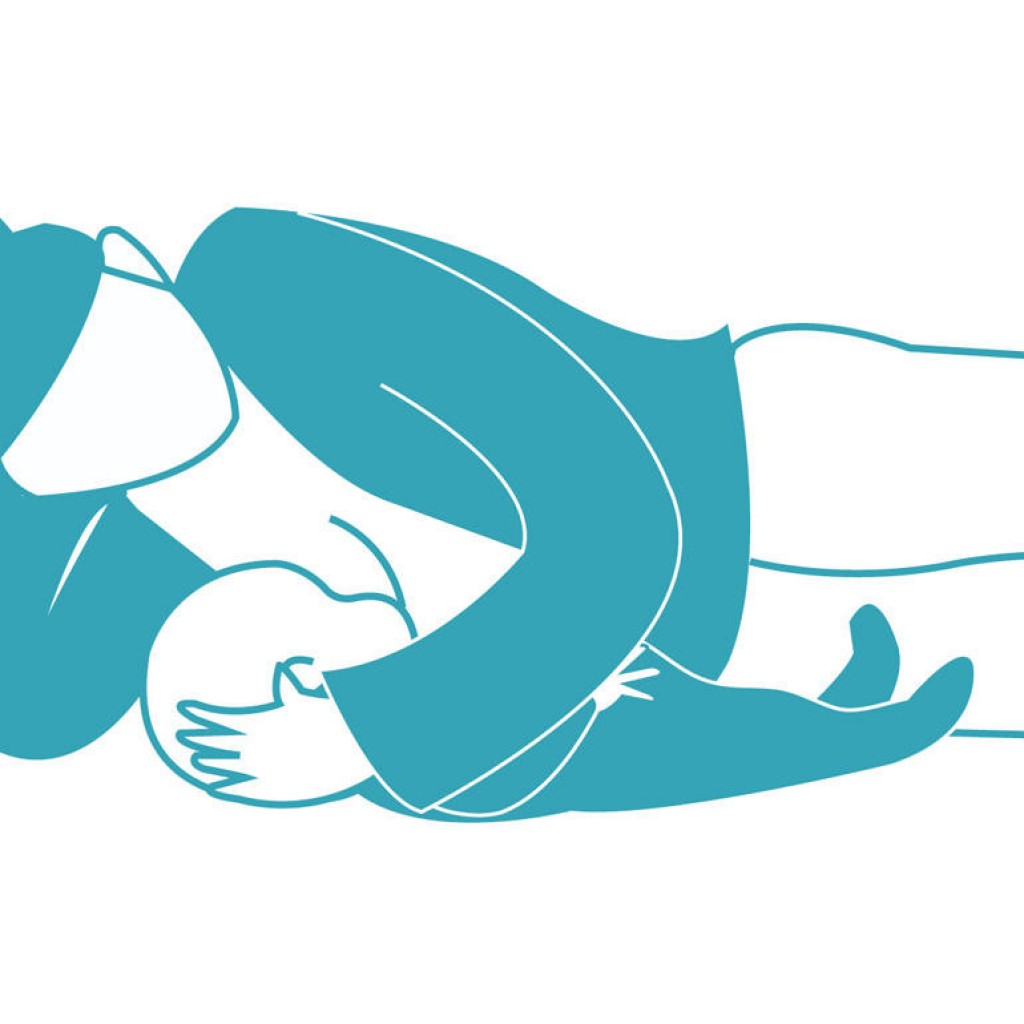Redefining Gender Roles in Parenting: Breastfeeding Support Beyond Mothers

By Urasmita Ghosh
Pune, 3rd August 2024: World Breastfeeding Week 2024 celebrates the theme “Closing the Gap: Breastfeeding Support for All,” emphasising the need for comprehensive support systems that embrace the diversity of breastfeeding journeys. This theme highlights the critical role of families, communities and healthcare providers in offering the necessary encouragement and resources for successful breastfeeding experiences.
Support is crucial for the breastfeeding journey because it directly impacts a mother’s ability to initiate and sustain breastfeeding. Furthermore, breastfeeding is often seen as solely the mother’s responsibility, neglecting the potential for ‘Shared Parenting’ roles. This narrow view overlooks the importance of involving partners and family members in providing support, thus increasing the burden on mothers.
Traditional views on gender roles in parenting have long assigned the nurturing and caregiving responsibilities primarily to mothers, particularly when it comes to breastfeeding. Common phrases like “Mother knows best” and “A mother’s touch” reflect this perspective, often sidelining the crucial role that fathers, partners, and other family members can play.
However, these perceptions are evolving as society increasingly recognises the importance of shared parenting responsibilities. The shift towards inclusive parenting acknowledges the crucial role that fathers, partners, and other family members can play in supporting breastfeeding and creating a balanced family dynamic.
“Bachon ki parvarish maa ka kaam hai..”
“Maa ke haath ka khana hi sabse achha hota hai…”
“Maa ka sparsh hi sabse pyaara hota hai…”
Breastfeeding, while a natural and beneficial practice for both mother and child, can be a demanding experience also. Fathers, partners, and other family members can provide essential support by taking on various roles.
This includes helping with household chores, taking care of other children, and providing emotional support to the breastfeeding mother. When parenting responsibilities are shared, the family dynamic becomes more balanced and cooperative. Shared responsibilities can reduce the stress and exhaustion often experienced by breastfeeding mothers, leading to a more harmonious household.
Gender is an important variable to consider when studying individual reactions to childcare. In couples who engage in the “traditional” division of labour, the majority of childcare tasks are completed by mothers. While women have traditionally been the primary caregivers for children in most cultures, there is now a slow graph noticeable change happening towards sharing these responsibilities more equally. This pattern must encourage a more balanced approach to parenting where fathers and partners actively share responsibilities for supportive family dynamics for everyone involved.
Let’s take a question for deeper analysis:
How many partners are actively involved in nighttime diaper changes?
By examining such things, we can better understand the dynamics of shared parenting responsibilities and identify areas where support and encouragement are needed to promote equitable participation from both partners.
Analysing such specific aspects of childcare can provide valuable insights into the progress being made towards more balanced parenting roles. Encouraging a shift towards shared parenting responsibilities is crucial for adopting gender equality in the home. By recognising the valuable role that fathers, partners, and other family members can play in supporting breastfeeding, we can create a more inclusive and supportive environment for both parents and children.
In a global landscape marked by ongoing gender disparities, we, as a team of the Equal Community Foundation (ECF), are dedicated to tackling the underlying factors contributing to this enduring issue. As we connect our efforts to World Breastfeeding Week, themed “Closing the Gap: Breastfeeding Support for All,” we reflect on how our work can intersect with the broader goal of shared parenting responsibilities. One of the core aspects of our approach is intersectionality, recognising that gender intersects with various other aspects of identity such as race, class, sexuality, and more. By acknowledging and addressing these intersecting factors, we ensure that our programmes are inclusive and equitable for everyone.
In the context of breastfeeding, both the WHO and UNICEF recognise enhancing social support as a crucial strategy for increasing breastfeeding rates. Women frequently seek social support from friends, family, and social media platforms. Additionally, it is widely acknowledged that in many cultures, a woman’s partner plays a significant role in the initiation, exclusivity, and duration of breastfeeding. This support can come from either a male or same-sex partner. Despite social support being identified as an important and potentially modifiable factor influencing breastfeeding, its full potential is yet to be fully realised.
How can we, as a community, continue to work on closing the gap in breastfeeding support and promote a culture of shared parenting responsibilities? What steps can we take to ensure that fathers, partners, and other family members are actively involved and supported in their roles?
By exploring and implementing strategies to answer these questions, we can make significant headway towards achieving gender equality and creating a more supportive environment for all parents and children.
(Urasmita Ghosh is Communications Associate with Equal Community Foundation)





